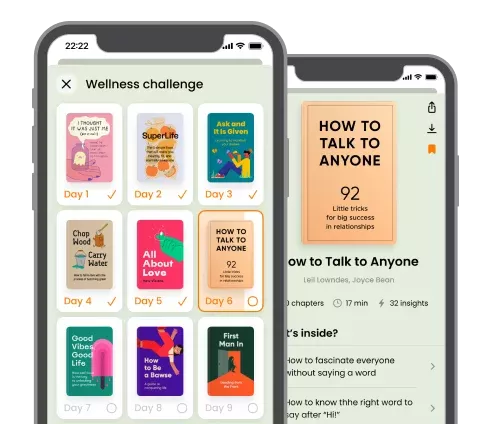71 Best Books About Neuroscience
Interested in delving into the fascinating world of neuroscience? Understanding the complexities of the brain and nervous system is crucial for various fields, from psychology to medicine. Our curated list of the top books on neuroscience offers valuable insights, cutting-edge research, and diverse perspectives on this captivating subject.
Discover the wonders of the brain with our curated selection of neuroscience books. Expand your knowledge, stay current on advancements, and gain fresh perspectives by exploring these essential reads. Unlock the secrets of the mind and deepen your expertise in this fascinating field today.
